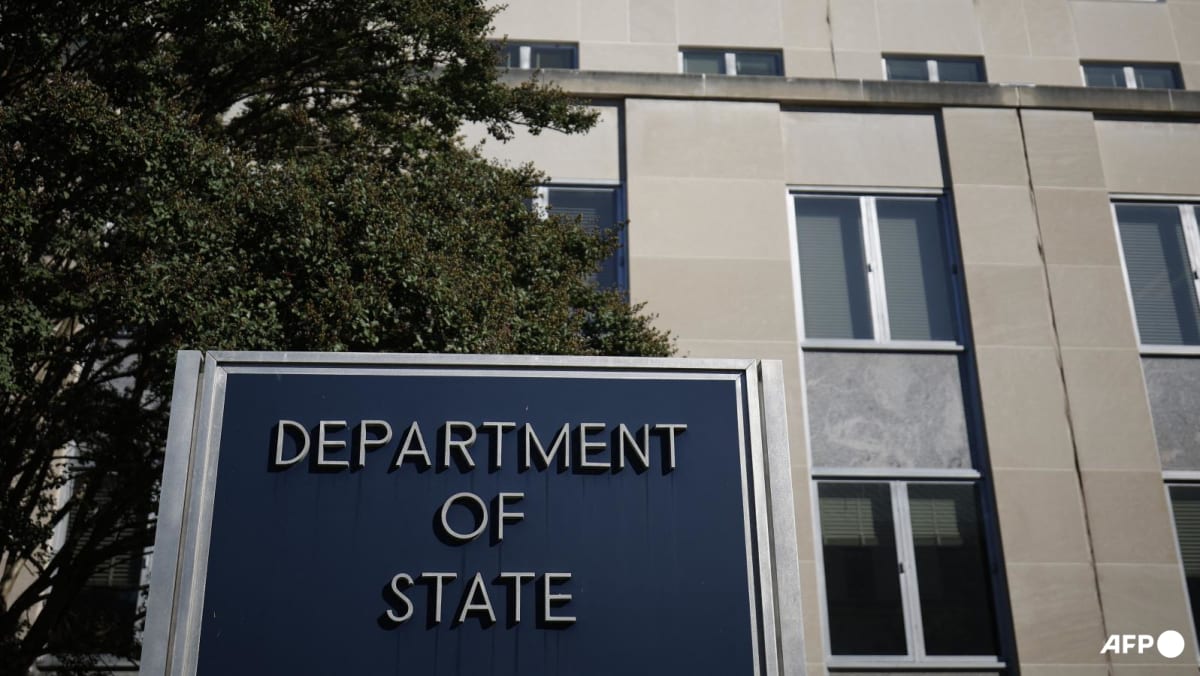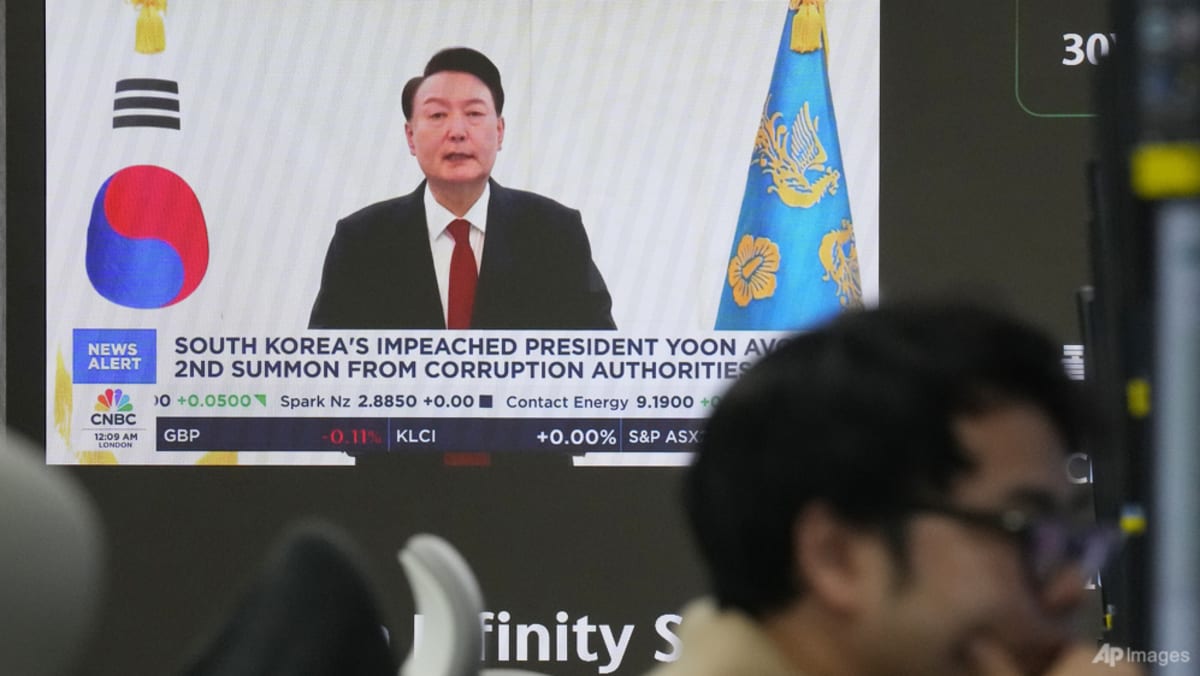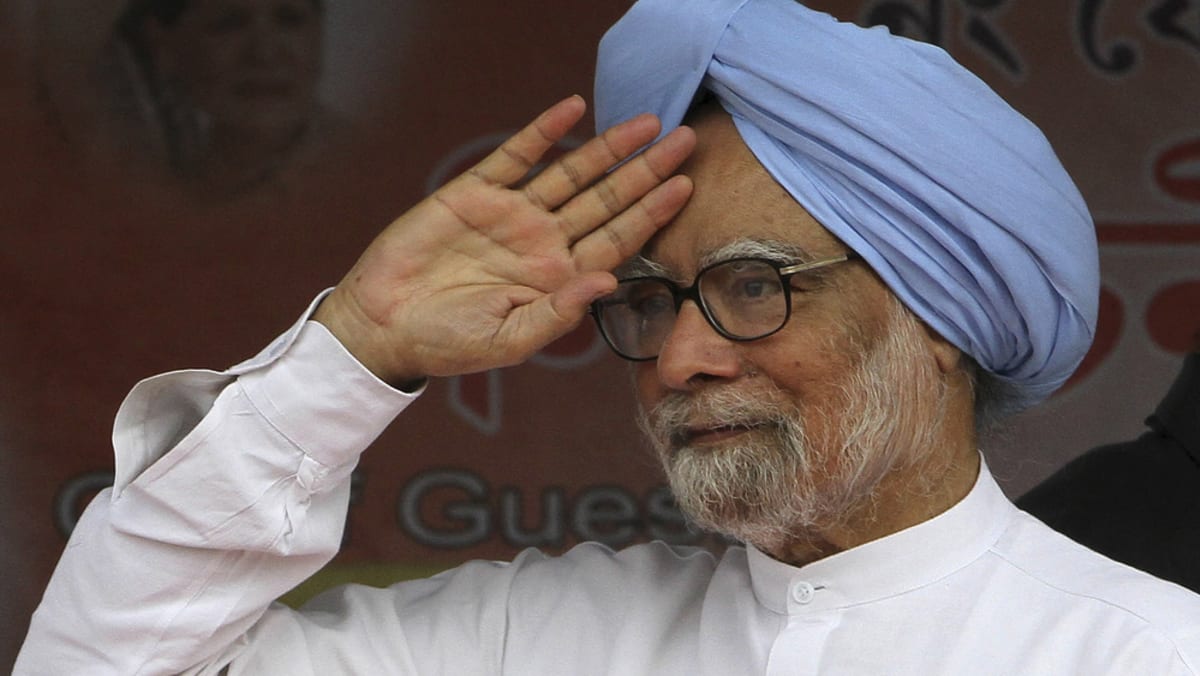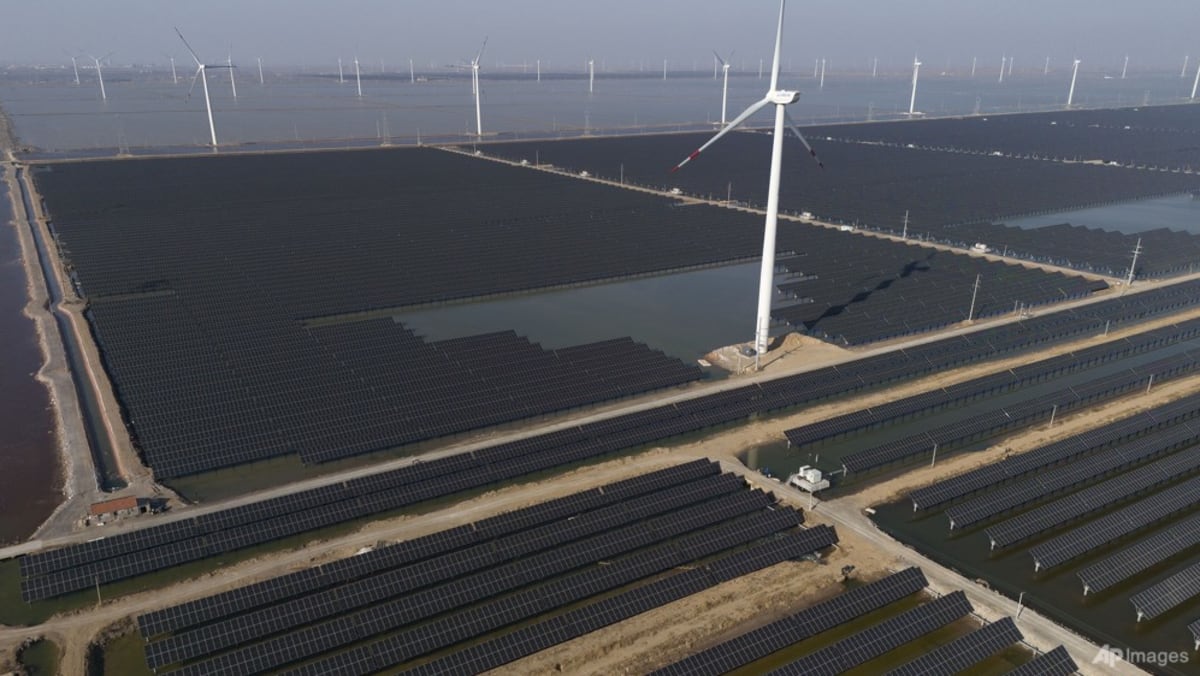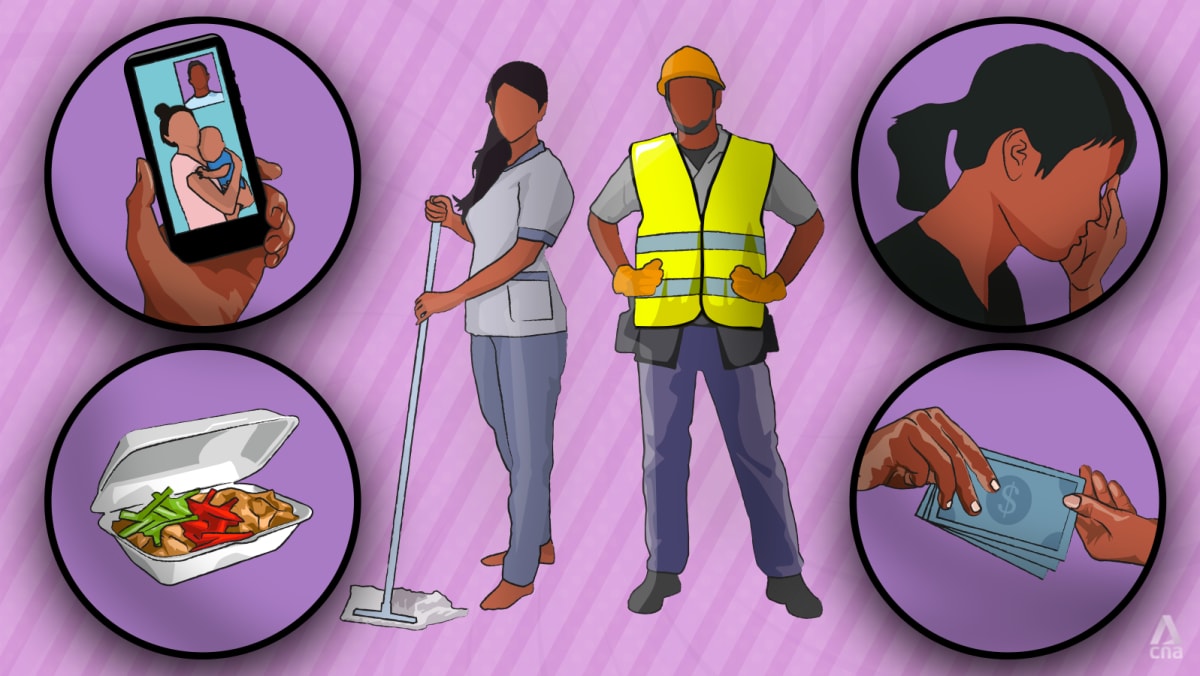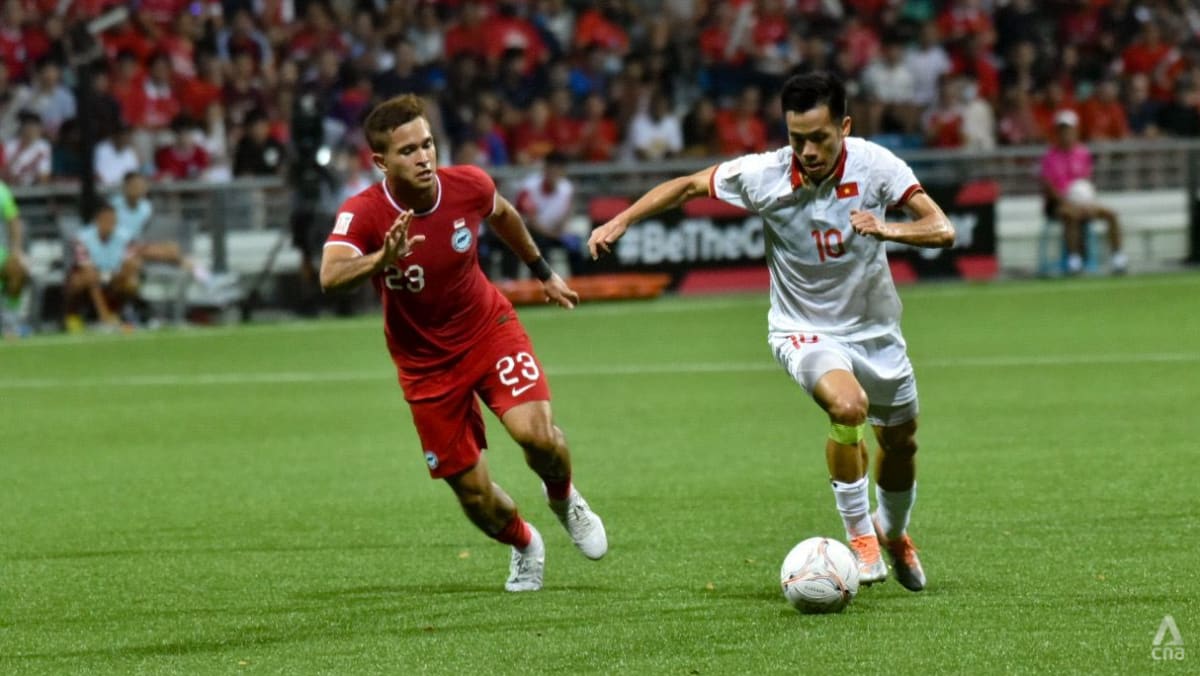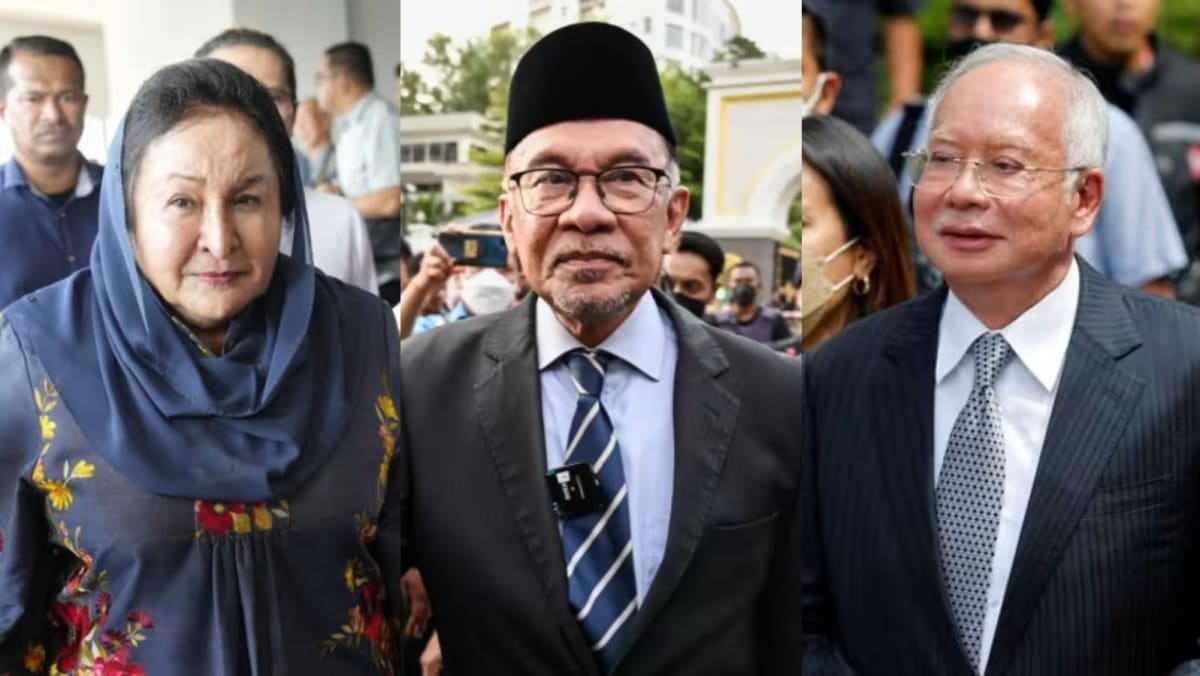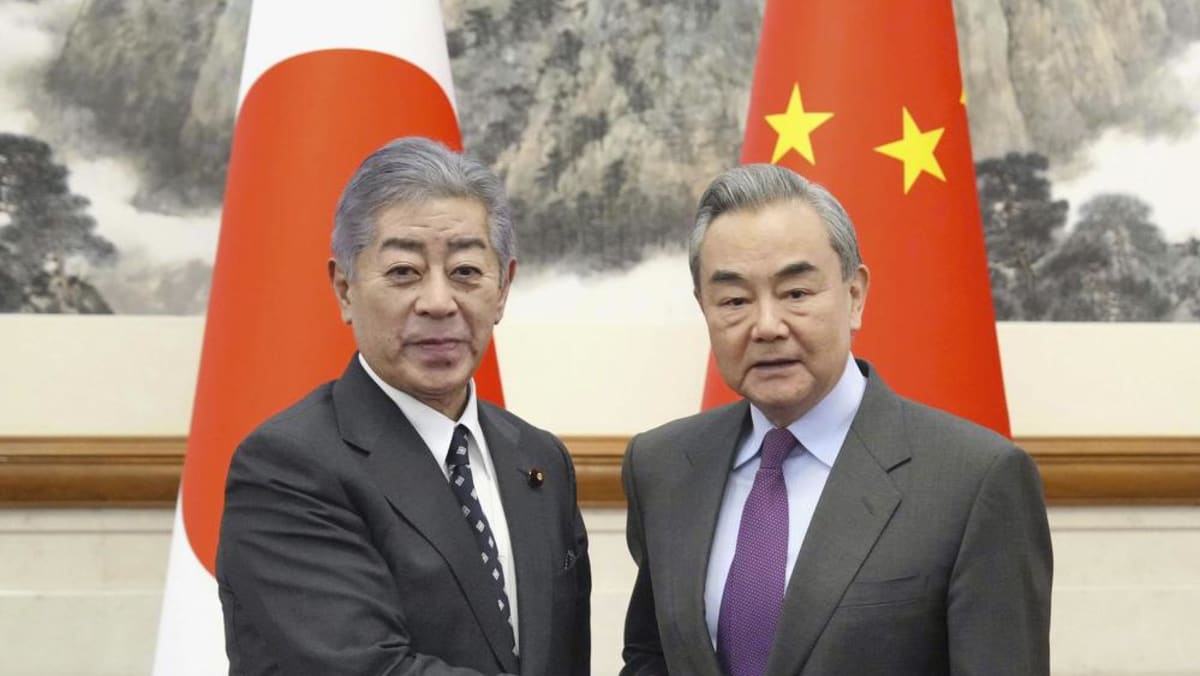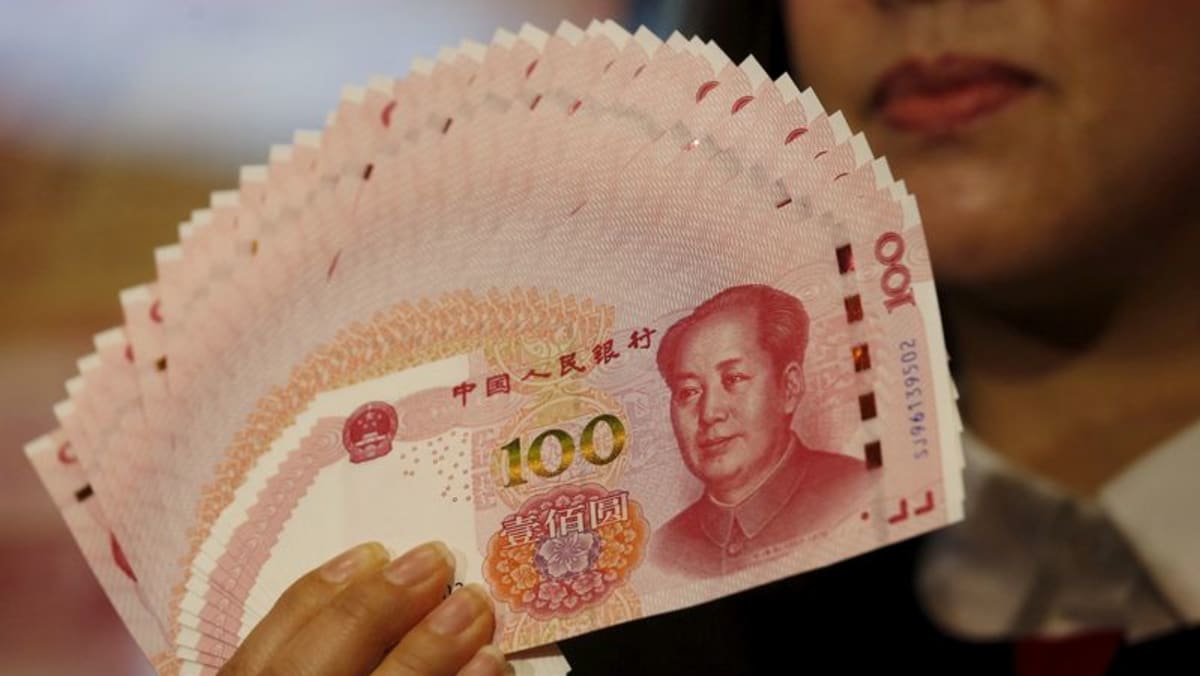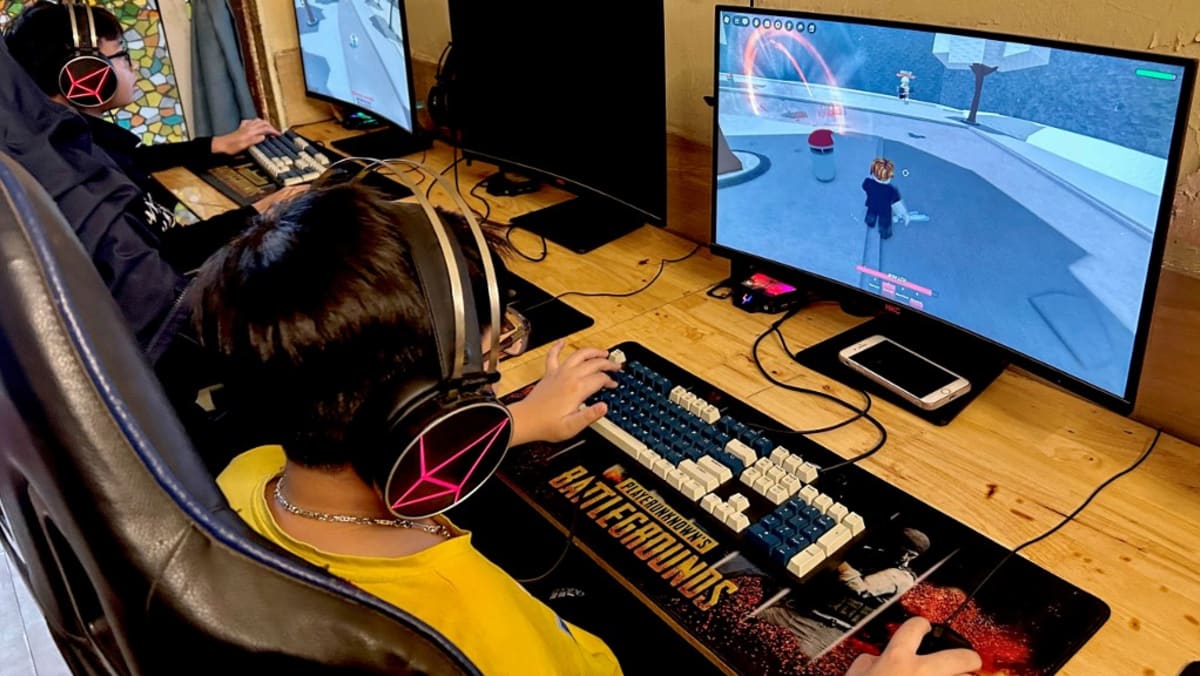North Korea launches new tactical nuclear attack submarine

Analysts first spotted signs that at least one new submarine was being built in 2016, and in 2019 state media showed Kim inspecting a previously unreported submarine that was built under “his special attention” and that would be operational in the waters off the east coast.
State media at the time did not describe the submarine’s weapons systems or say where and when the inspection took place, but analysts said the apparent size of the new vessel indicated it was designed to carry missiles.
It was not immediately clear what missiles the new submarine would be armed with. North Korea has test-fired a number of submarine-launched ballistic missiles (SLBMs) and cruise missiles that can be fired from submarines.
It is also unclear whether North Korea has fully developed the miniaturised nuclear warheads needed to fit on such missiles. Analysts say that perfecting smaller warheads would most likely be a key goal if the North resumes nuclear testing.
North Korea has a large submarine fleet but only the experimental ballistic missile submarine 8.24 Yongung (August 24th Hero) is known to have launched a missile.
“This is likely intended to field the navalised version of the KN23, which they’ve acknowledged as a delivery system for their compact nuclear warhead,” said Ankit Panda of the US-based Carnegie Endowment for International Peace, citing the short-range SLBM that the North has test-fired.
Tal Inbar, a senior research fellow at the Missile Defense Advocacy Alliance, said the submarine’s huge sail appeared to have room for both ballistic and cruise missiles.
“It won’t be long before we will see it launch missiles,” he said in a post on X, formerly known as Twitter.
The launching ceremony comes as North Korea is set to mark the 75th anniversary of its founding day on Saturday and follows reports that Kim plans to travel to Russia this month to meet President Vladimir Putin to discuss weapons supplies to Moscow.
South Korean President Yoon Suk Yeol on Thursday met with Chinese Premier Li Qiang in Jakarta and asked Beijing to do more as a UN Security Council member to address North Korea’s nuclear threat.
Source: CNA



